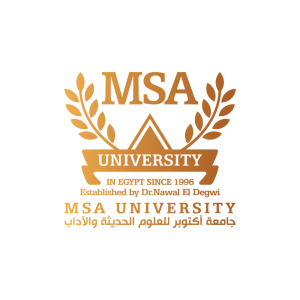The study encompasses the etiology, diagnosis, prevention, and treatment of pulp and periapical diseases, as well as endodontic-periodontal problems, and tooth resorption.
Objectives of this course:
1. Provide students with sufficient knowledge and clinical experiences to become proficient in diagnostic data collection, pulpal and periradicular diagnosis, treatment planning.
2. Train students to provide quality patient care using state-of-the-art technology (e.g., rotary endodontics, dental operating microscope).
3. Prepare students to effectively treat the medically compromised and special needs patient.
Students fulfill their clinical requirements under supervision in the department clinics where the patients have access to treatment completely free of charge
This course aims to encompass the etiology , diagnosis , prevention, therapeutics and microbiology , as well as endodontic-periodontal problems , and tooth resorption.
This course aims to familiarize the student with the clinical phase of treatment with the theoretical topics and correlate with the practical sessions through introducing management pf multiple root canals.
The study encompasses the etiology, diagnosis, prevention, and treatment of pulp and periapical diseases, as well as endodontic-periodontal problems, and tooth resorption.
Objectives of this course:
1. Provide students with sufficient knowledge and clinical experiences to become proficient in diagnostic data collection, pulpal and periradicular diagnosis, treatment planning.
2. Train students to provide quality patient care using state-of-the-art technology (e.g., rotary endodontics, dental operating microscope).
3. Prepare students to effectively treat the medically compromised and special needs patient.
The study encompasses the etiology, diagnosis, prevention, and treatment of pulp and periapical diseases, as well as endodontic-periodontal problems, and tooth resorption.
Objectives of this course:
1. Provide students with sufficient knowledge and clinical experiences to become proficient in diagnostic data collection, pulpal and periradicular diagnosis, treatment planning.
2. Train students to provide quality patient care using state-of-the-art technology (e.g., rotary endodontics, dental operating microscope).
3. Prepare students to effectively treat the medically compromised and special needs patient.
